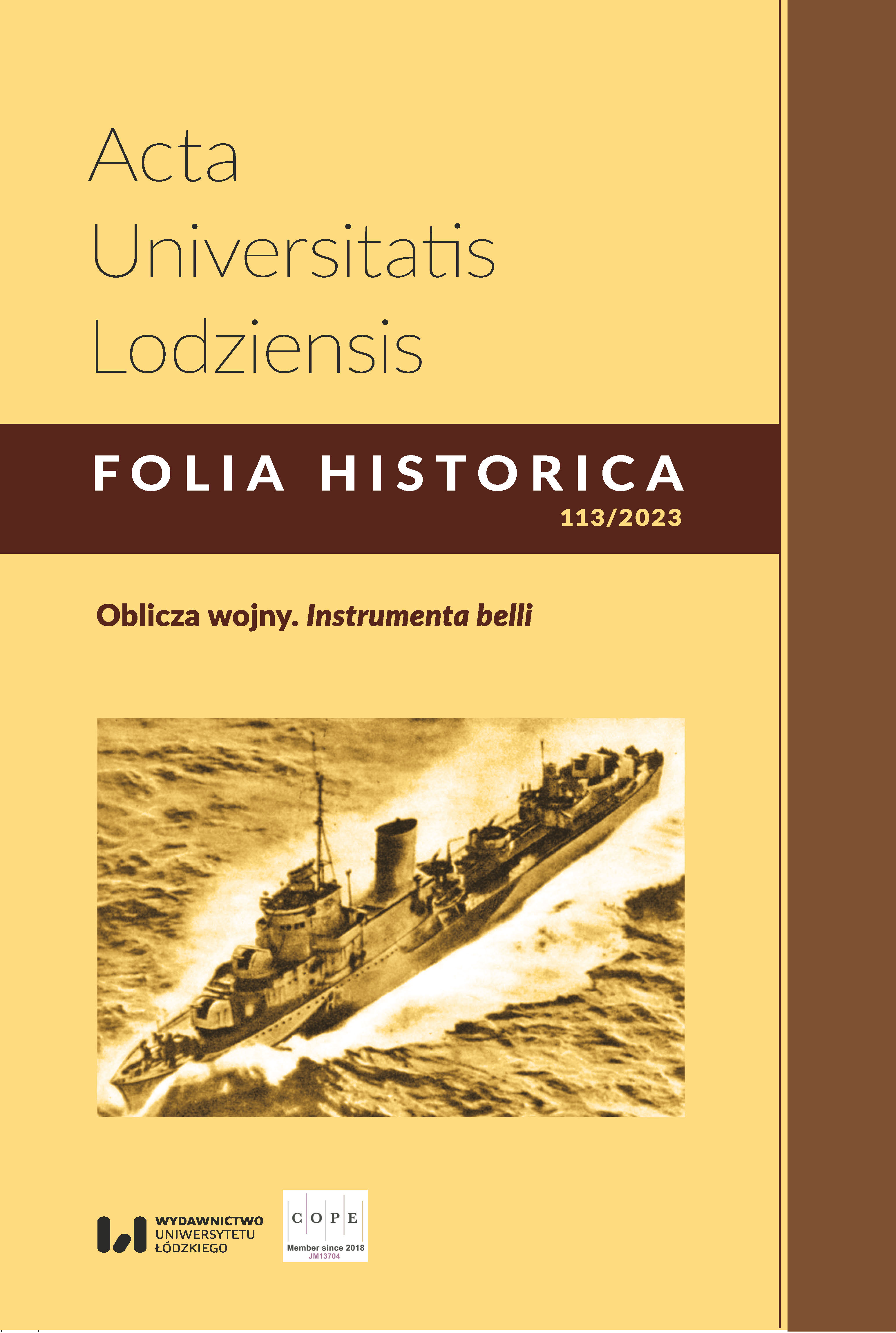Kryzys głodowy i jego skutki dla ludności niemieckiej w czasie I wojny światowej
The Hunger Crisis and Its Consequences for the German Population During the World War I
Author(s): Andrzej WojcieszakSubject(s): History, Military history
Published by: Wydawnictwo Uniwersytetu Łódzkiego
Keywords: hunger; World War I; substitute; food; internal fronta
Summary/Abstract: For centuries, or perhaps millennia, the main cause of world hunger, apart from crop failure, has been armed conflicts. Many times, even in the event of local skirmishes, one way to gain an advantage on the battlefield was to cause a state of hunger among the soldiers of the opposing army or to lead to a humanitarian catastrophe among the civilian population. Such action was often a tool of political pressure, an attempt to obtain certain benefits, and sometimes even a punishment for insubordination. The food crisis to which the German population was exposed during World War I is a phenomenon that influenced not only the mood, everyday life and health of the German population, but also the course of the war and revolution, which was greatly influenced by the year of 1918. In this article, the author aims to outline the difficulties faced by the German population due to the food crisis and its impact on health and mortality. The causes of the hunger of the German population will be examined: firstly, the effects of the Allied naval blockade, secondly, the causes of the decline in agricultural production, and thirdly, the counterproductive actions of the state.
Journal: Acta Universitatis Lodziensis. Folia Historica
- Issue Year: 2023
- Issue No: 113
- Page Range: 121-138
- Page Count: 18
- Language: Polish

